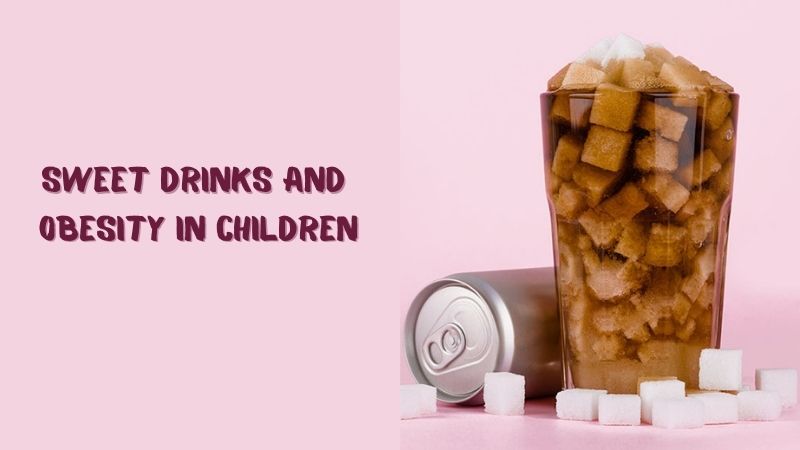The April 2009 issue of the American journal Archives of Pediatrics and Adolescent Medicine focused on new research in childhood obesity. Being overweight is becoming common among children. In the US, one out of every three children is at risk of becoming overweight. Complications of obesity are increased blood cholesterol, high blood pressure, type 2 diabetes and many other problems, both medical and social.
Sugary drinks harm kids’ health
The results of the study showed that children who reduced their sugar intake to the equivalent of one fizzy sugary drink per day experienced improvements in blood glucose and insulin levels. This means for parents that by eliminating 1 can of fizz daily, they can reduce their child’s risk of developing type 2 diabetes, regardless of other specific changes in diet and physical activity.
Another study found that increased consumption of sugary drinks was associated with increases in blood pressure, blood glucose levels, waist circumference and body mass index (BMI), and decreased levels of “good” cholesterol in the blood (high-density lipoprotein).
Many factors contribute to the development of obesity,
Why are sugary drinks considered a big problem?
Sugary drinks are the main source of daily intake of excess sugar in the body of children. The main food ingredient in sugary drinks is high-fructose corn syrup; each standard 330 ml jar of fizz is equivalent to 10 teaspoons of sugar. Between 56% and 85% of children drink at least one can of fizz every day at school.
Calories from sugary drinks enter the body very quickly. Sugary drinks are a particular problem because these excess calories are absorbed and digested very quickly, the body has no chance to signal “enough” as it usually does when a person eats a thick meal. Also, these drinks usually accompany regular meals, supplying excess calories that the body does not need.
Who drinks sweet drinks more often?
Teenage boys are the most likely to consume sweet pops; 20% of them do it 4 or more times a day.
What health problems can sweet drinks cause?
- You can become fat or even obese, as excess calories enter the body. Every 330ml standard fizzy drink taken daily is associated with a 60% increased risk of obesity;
- Drinking sugary drinks instead of milk leads to lower calcium levels and an increased risk of osteoporosis and fractures;
- Dental problems, including caries.
Recommendations
- Eliminate sugary drinks from home meals. Just don’t buy them. Replace them with water, milk, natural freshly squeezed juices. Encourage your children to drink more water;
- Choose to offer healthier snacks to eat at home;
- Remember: small everyday changes can lead to success.
Category: General

